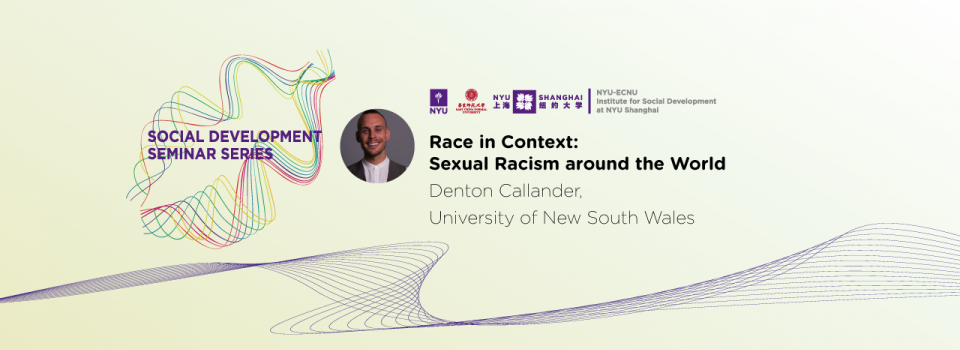
Abstract:
Can our sexual and romantic desires be racist? Is it racist to prefer one racial group over another or is it, as some have argued, merely a matter of personal preference? In recent years, scholars and the general public have started to ask these questions in an effort to understand and define ‘sexual racism’. It is a contentious topic. Debates on the validity of sexual racism continue but what does evidence tell us about this social phenomenon? When my colleagues and I investigated this topic in Australia, we found that people’s racial preferences strongly mirrored broader historical and contemporary trends of racial inequality. If this were indeed a matter of personal preference, we would have expected a random distribution of racial preferences and yet this was not the case. More than that, sexual and romantic hierarchies of race have been empirically documented in many parts of the world but with racial groups deemed attractive in one country often different in others. Collectively, these findings undermine challenge arguments of personal preference and they reflect several truths racism more generally: it can be cunningly subtle, invisible even to those through whom it works, and entirely dependent on context. In this lecture, I will explore these ideas by comparing and contrasting research on sexual racism from different parts of the world and by examining how standards of beauty are established and maintained. Through an attention to group-level evidence, I will lead a discussion on how sexual and other forms of racism disguise themselves in order to undermine social action. Together, we will approach the question: what can be done about sexual racism around the world?
Biography:
Dr Denton Callander is a senior research fellow with the Kirby Institute at UNSW Sydney, a research scientist with the NYU Langone’s Department of Population Health, and an adjunct lecturer with the Centre for Social Research in Health in Sydney. His research explores sex, sexualities and sexual health.
Seminar sponsored by the Institute for Social Development


